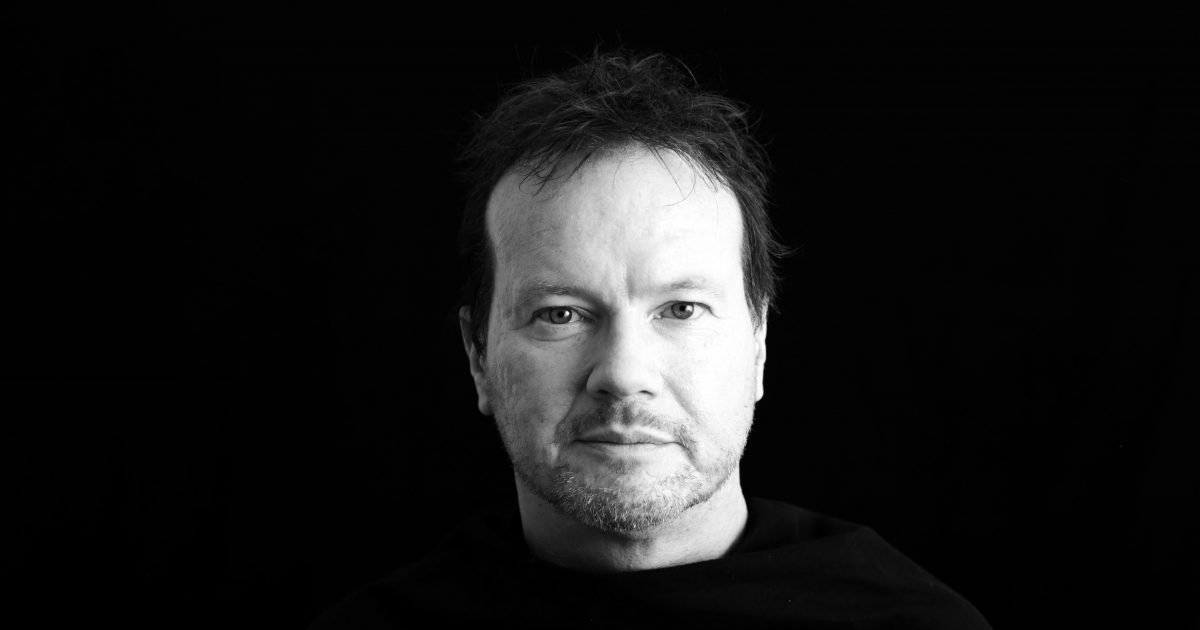
This is the first entry in a new, recurring feature in which Believer Eco-Thoughts correspondent Leslie Carol Roberts talks to today’s most robust and generous thinkers around ecologies and the sixth extinction, to ponder and examine how we collectively message and metabolize our fate. What do we all feel now? The thinkers featured here will be drawn from an international group of emergent and established writers on the topic, humans already offering ideas on our collective path, as humans and nonhumans.
“I heard someone from NBC saying, ‘We just don’t know how to make climate change compelling.’ I immediately tweeted and was like, ‘I’ve got a line to use. Something is coming. It’s really huge. And it’s going to change your life.’”
Hyperobjects include:
Oil spills
All of the plastic ever made
Embarrassing lapses in human judgment that, given time, will decay
On a languid Friday, Timothy Morton, Rita Shea Guffey Chair at Rice University, and I sit outside a pub in Houston, talking about the word weird. Across the quiet street, a sign advertises Adam and Eve, a chain sex toy shop, in glowy purple. I watch people drift in and out of that place as Tim defines what he means by “weird,” oft-pondered in his twenty-two books and the hundreds of articles in which he lays out his ecological thought.
Tim, take it away:
Weird from the Old Norse, urth, meaning twisted, in a loop; the less well-known noun weird means destiny or magical power. Weird: a turn or twist or loop, a turn of events. Yet weird can also mean strange of appearance. In the term weird there flickers a dark pathway between causality and the aesthetic dimension, between doing and appearing, a pathway that dominant Western philosophy has blocked and suppressed. Now the thing about seeming is that seeming is never quite as it seems. Appearance is always strange.
Morton, considered one of the 21st century’s most dynamic and creative philosophical thinkers, has a genius that shapes and entwines arguments from high and low cultural references. He’s a philosophical tinkerer who rarely recoils from the facts and horrors of today’s ecological calamities. In fact, he finds a sad sweetness in our shared fate. And that seems to make people in the Western world feel a bit better about the slow realization that everything is going to die—given our predilection for beef and fossil fuels and fascist governments. Part of a movement called Object Oriented Ontology, Morton coined the shimmery concept hyperobject to describe vast, unseeable, and yet limited things like climate and plutonium. He regularly collaborates with internationally acclaimed artists on expansive, interdisciplinary explorations where he serves as thought partner for the...
You have reached your article limit
Sign up for a digital subscription and continue reading all new issues, plus our entire archives, for just $1.50/month.
Already a subscriber? Sign in




